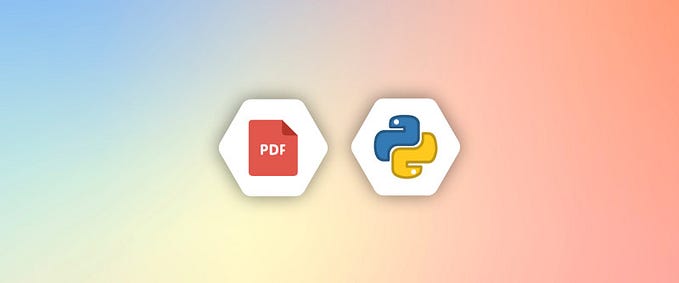Simplifying Nested Zip File Extraction using PowerShell: Unleashing the Power of Automation
In the ever-expanding digital landscape, managing and extracting multiple nested zip files can become a daunting task. However, PowerShell, a versatile scripting language developed by Microsoft, comes to the rescue with its powerful automation capabilities. In this article, we will explore how PowerShell can simplify the process of unzipping multiple nested zip files and unleash the power of automation.

Understanding the Challenge of Nested Zip Files:
Nested zip files are zip archives that contain other zip files, creating a complex hierarchy. Manually extracting these files can be time-consuming, error-prone, and tedious, especially when dealing with multiple layers of nesting. PowerShell provides an elegant solution to automate this process, streamlining nested zip file extraction.
Introducing the PowerShell Script:
To tackle the task of unzipping multiple nested zip files, we will utilize a PowerShell script. This script leverages PowerShell’s built-in functionality and .NET Framework libraries to traverse directories, identify zip files, extract their contents, and handle any level of nesting. The script is designed to automate the entire process, eliminating the need for manual intervention.
PowerShell Script: Unzipping Multiple Nested Zip Files
function UnzipFiles($path) {
Add-Type -AssemblyName System.IO.Compression.FileSystem
$zipFiles = Get-ChildItem -Path $path -Filter "*.zip" -Recurse
foreach ($zipFile in $zipFiles) {
$zipFileDir = Split-Path -Path $zipFile.FullName -Parent
Write-Host "Extracting: $($zipFile.FullName)"
[System.IO.Compression.ZipFile]::ExtractToDirectory($zipFile.FullName, $zipFileDir)
Remove-Item -Path $zipFile.FullName
}
$nestedZipFiles = Get-ChildItem -Path $path -Filter "*.zip" -Recurse
if ($nestedZipFiles.Count -gt 0) {
Write-Host "Found nested zip files. Extracting..."
UnzipFiles($path)
}
}
# Provide the path where your zip files are located
$zipPath = "C:\Path\To\Your\Zip\Files"
UnzipFiles($zipPath)Exploring the PowerShell Script:
Walk readers through the provided PowerShell script, explaining its various components and their significance. Highlight the use of the Get-ChildItem cmdlet to recursively find zip files, the Write-Host cmdlet for displaying progress during extraction, and the System.IO.Compression.FileSystem class for unzipping files. Emphasize the recursive nature of the script, which enables it to handle nested zip files at any depth.
Running the Script:
Guide readers on how to execute the script by saving it with a .ps1 extension and running it in the PowerShell console. Demonstrate how to adjust the script to specify the path where the zip files are located. Encourage readers to test the script on a sample set of zip files to gain familiarity and confidence.
Benefits of Automation:
Discuss the advantages of using PowerShell for nested zip file extraction. Highlight the time-saving aspect, as the script automates the entire process, freeing up valuable time for other critical tasks. Mention the reduction in human errors and increased efficiency achieved through automation. Share personal anecdotes or real-world scenarios to illustrate these benefits.
Customizations and Advanced Functionality:
Empower readers to explore further customization options based on their specific requirements. For example, they can enhance the script to handle password-protected zip files, add error handling, or log the extraction process. Encourage them to dive deeper into PowerShell’s capabilities, such as integrating the script into larger automation workflows or utilizing advanced PowerShell modules.
Conclusion:
By leveraging the power of PowerShell, unzipping multiple nested zip files becomes a breeze. PowerShell’s automation capabilities, versatility, and extensibility empower IT professionals and system administrators to streamline complex file extraction tasks. Embrace PowerShell’s elegance and harness the power of automation to unlock productivity gains and simplify your workflow.
Please feel free to leave a comment or your feedback if you enjoyed what you read in the meantime :)








